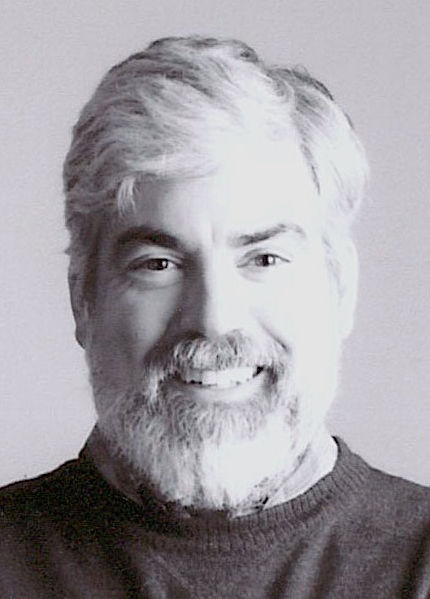Active Tectonics and Volcanism
Honorary Professorship
We study tectonic and magmatic systems from plate boundaries to individual volcanoes, and across time scales from seconds to millions of years. Active plate boundaries pose major hazards through earthquakes and eruptions. Our neotectonics research examines strain across convergent and divergent boundaries, including strain partitioning, and earthquake and rifting cycles, improving regional hazard assessments. We combine geophysical, geochemical, and petrologic data to investigate magmatic systems and their interaction with tectonics, including magma storage, migration, and eruption precursors to understand the triggers of volcanic eruptions.

Working Area
We research active tectonic and magmatic systems in Central America with a focus in Nicaragua, Costa Rica and Panama, South America with a focus in Ecuador and the basaltic volcanoes of the Galapagos Islands, and Iceland.Methods
We develop geodetic (GNSS) networks across active plate boundaries and magma-volcanic systems, in addition to using sattelite remote sensing observations, and uncrewed aerial vehicles.
The lava lake at Masaya Volcano, Nicaragua 19 November 2016. Photo Credit: Peter LaFemina.
Prof. Dr. Peter LaFemina

1997 MSc, Florida International University
2006 PhD, University of Miami – Rosenstiel School of Marine & Atmospheric Research
Positions/Engagements:
2006–2022 Professor of Geosciences, Penn State
Since 2022 Affiliate Professor of Geosciences, Penn State
Since 2022 Senior Researcher, Alfred Wegener Institute
Honorary Professorship in Bremen since 2025
Research Areas:
Plate tectonics, geodesy, magma–tectonic interactions, volcano monitoring, earthquake and volcanic hazards
peter.lafemina awi.de
awi.de
Alfred-Wegener-Institut, Helmholtz-Zentrum für Polar- und Meeresforschung
Am Alten Hafen 26
D-27568 Bremerhaven
Prof. Dr. Peter LaFemina

Alfred-Wegener-Institut, Helmholtz-Zentrum für Polar- und Meeresforschung
Am Alten Hafen 26
D-27568 Bremerhavenpeter.lafemina awi.de
awi.de
Am Alten Hafen 26
D-27568 Bremerhavenpeter.lafemina
 awi.de
awi.de
